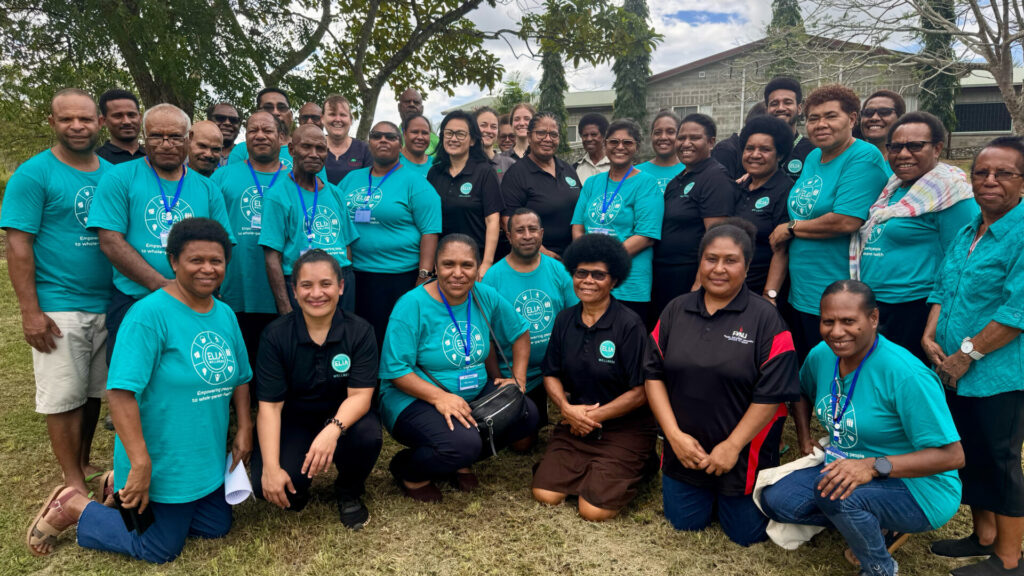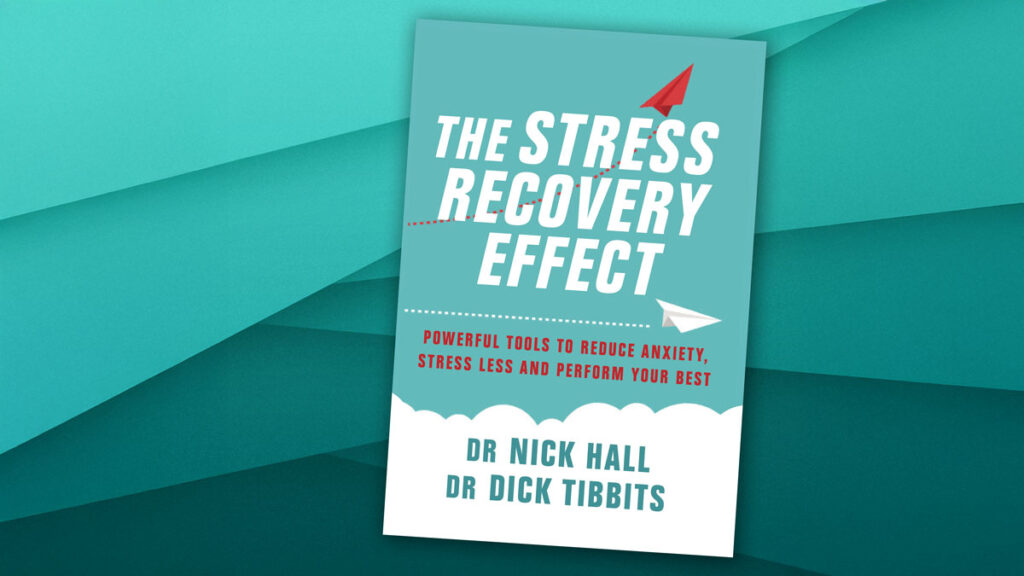There is no need to write a lengthy introduction to a topic that has been on almost every daily news bulletin for the last two years. So I’ll jump right in with your permission . . .
The debate about primary avoidance measures for severe COVID-19 has been enlightened by the most intense study of any infectious disease, at least in my medical career of 50 years. The majority of medical literature in the past year or so has concentrated on vaccination for reduction in risk of severe COVID-19 infection. While vaccination has its limits, especially with waning efficacy of even booster doses against the “milder” Omicron strain1, vaccination remains the “gold standard” for prevention against ICU admission and death. Serious side effects of vaccination are on average around 1-3 per 100,000. In Australia, there have been 11 deaths from COVID vaccines in more than 30 million doses. Moreover, newer, safer and more efficient vaccines are being developed rapidly.
For many years, we as Adventists have promoted the value of the eight natural principles of health in preventing lifestyle-related diseases, such as diabetes, heart attack, stroke and a number of cancers, with a strong evidence base. Much has been written about the role of a plant-based diet, which is pivotal. However, we know that moderate exercise, moderate sunshine exposure, adequate clean water intake, adequate rest and a trust relationship with our Creator, all play important roles. Science has added to this, with data indicating that Vitamin D through moderate sun exposure plays an important role in innate immunity, as does exposure to certain aromatic chemicals found in forests.2
We have innate immunity from birth, but it unfortunately wanes significantly in later life. It is a “general” type of immunity, based on cells that are able to fight infection without prior “knowledge” of the infection. As such, they lack specificity, a bit like the difference between an ordinary soldier and one trained against aircraft attack with homing missiles, for example. God has also given us a more potent and specific system, called “adaptive” or “acquired” immunity. Here, when exposed to a specific threat, like the SARS-CoV-2 virus, certain immune cells will begin to make proteins called antibodies, which have the ability to inactivate the virus. But that takes time . . . up to two weeks, during which time the virus may spread widely and do a lot of damage. The adaptive system also has “memory cells” that will be “rapid responders” to subsequent attacks by that particular virus, both by producing antibodies and by activating specially-primed “killer cells” to go after and destroy infected cells and the virus itself, more quickly and more efficiently than at first exposure to the virus.
The role of all vaccines is to produce an adaptive immunity, without causing the disease itself. The immune system is then “primed” to respond rapidly to any attack from that specific virus. That can be done by using a dead or inactivated virus, a live “mild” form of the virus, or a part of the virus, such as a viral protein. More recent mRNA vaccines enable some body cells to produce that protein for a short period, after which the mRNA is destroyed.
Some have argued that “natural” immunity conferred by adherence to Adventist health principles, is as effective as vaccination, making vaccination unnecessary. A study frequently quoted in the British Medical Journal—Nutrition, Prevention and Health in 20213, showed from a self-reported survey of health professionals from six different countries, that those adhering to a plant-based diet or a fish and plant-based diet, had experienced a 73 per cent and 60 per cent reduction in reported symptoms of “moderate to severe” COVID-19 respectively, when compared to their meat-eating colleagues. Whilst the authors concede that there were limitations to their study, which might lessen these results, nevertheless, it does confirm previous data, which has showed improved innate immunity in people adhering to plant-based diets.
There are several known increased risk factors for COVID-19 severe disease. They are age over 65 (increased risk about six times), obesity (increased risk around three times), high blood pressure (increased risk around double) and other co-morbidities, like diabetes, heart, lung and kidney disease. The beneficial effect of a plant-based diet can be partly explained by the fact that adherents to that diet are known to have lower risks of obesity,4 diabetes, hypertension5 and heart disease, each of which increases the risk for severe COVID-19.
But the question remains, is lifestyle enough?
Let’s look at it another way, using a little analogy. Let’s say that adherence to both Adventist health principles and vaccination play an equal role in reduction of severe COVID-19. (That’s being generous to the lifestyle data, as recent vaccination still has a greater than 90 per cent reduction in risk for the COVID-19 Delta strain).
Now our analogy . . . Suppose that you as a patient go to your GP, and after a physical examination and some blood tests, you go back. The doctor tells you that your blood pressure is way too high and untreated and it will double your risk of dying from a heart attack or stroke. He goes on to say that your cholesterol levels are also too high, and that fact doubles your risk again for those same problems.
He then goes on to say this, “I’ll give you dietary advice and some medication to get your cholesterol levels down to normal.” Very good, you think.
But the doctor goes on . . . “However, I’m not going to prescribe anything for your blood pressure, as the medication I would use has a 1 in 100,000 risk of a serious reaction.”
I imagine your response might be, “What, doc? Are you kidding me? You’re prepared to allow me to run a double risk of heart attack and stroke, just because there’s a one in 10,000 risk of a bad reaction to the treatment for my blood pressure? Can I have a second opinion, please doc?”
This is why the great majority of Adventist health professionals would be supportive of using both approaches to the prevention of serious illness from COVID-19. Back in the day when I was in medical school, it was called the “belt and braces” approach. In more technical terms it’s called “synergistic action”.
Dr David Pennington is a retired plastic surgeon living in Lindfield, NSW.
1. Although still boosting immunity against Alpha and Delta strains, booster vaccination only boosts immunity against Omicron to 60-70 per cent (Andrews N et al MedRxiv preprint doi <doi.org/10.1101/2021.12.14.21267615>). However that is comparable to the efficacy of the average influenza vaccine.
2. Ye Wen, Qi Yan, Yangliu Pan, Xinren Gu & Yuanqiu Liu. “Medical empirical research on forest bathing (Shinrin-yoku): a systematic review. Environmental Health and Preventive Medicine”, (2019) Volume 24, Article number: 70
3. Kim et al. “Plant-based diets, pescatarian diets and COVID-19 severity: a population-based case-control study in six countries”. BMJ Nutrition Prevention and Heath (2021) 4: e000272. Doi: 10.1136/bmjph-2021-000272.
4. Newby PK, Tucket KL & Wolk A. “Risk of overweight and obesity among semivegetarian, lactovegetarian, and vegan women”. Am J Clin Nutr 2005;81:1267–74
5. Alexander S, Ostfeld RJ, Allen K & Williams KA. “A plant-based diet and hypertension”, Journal of Geriatric Cardiology (2017) 14: 327–330






